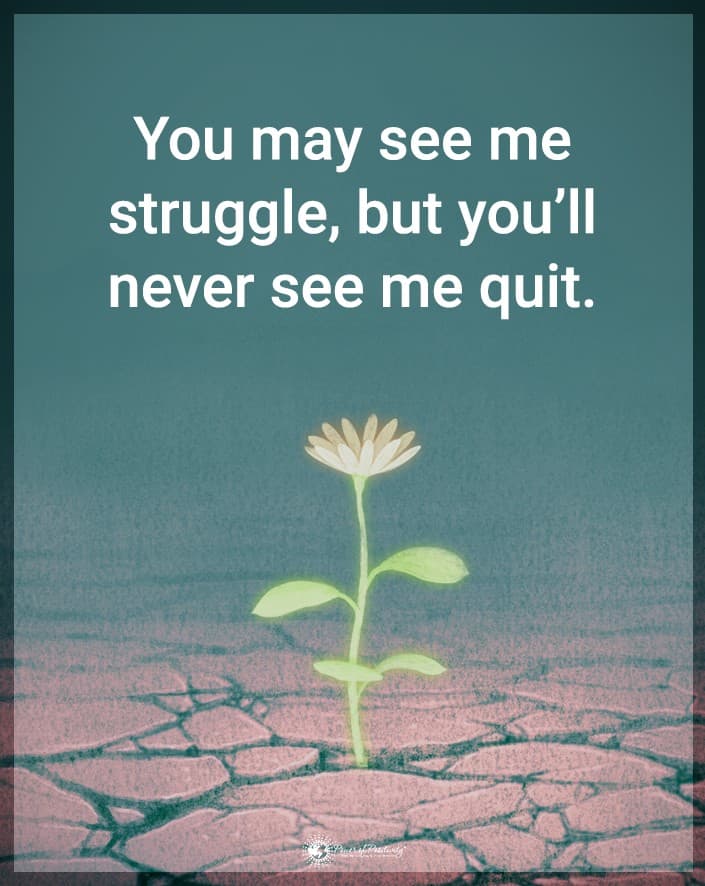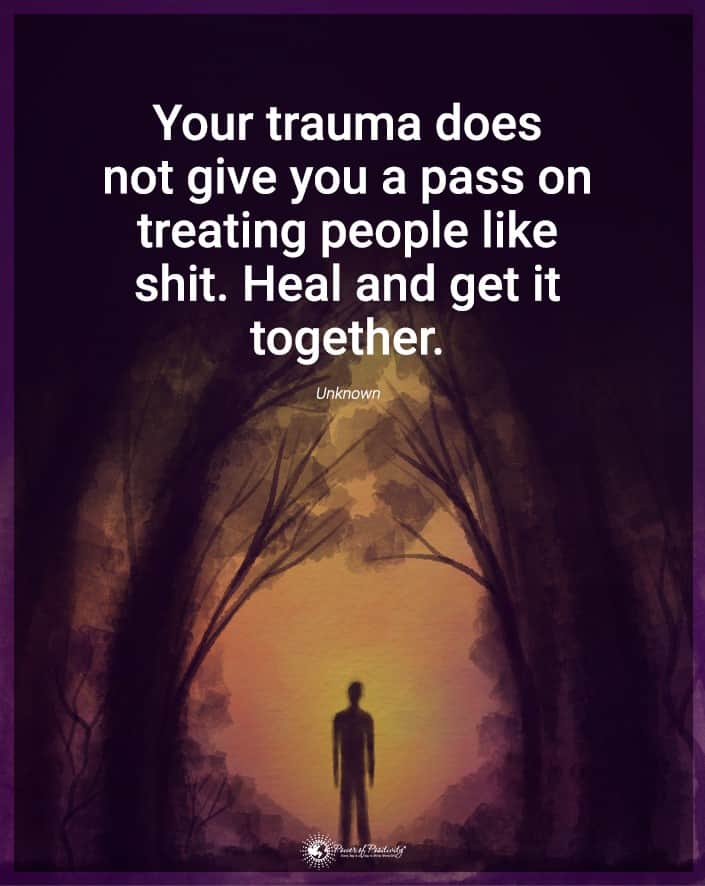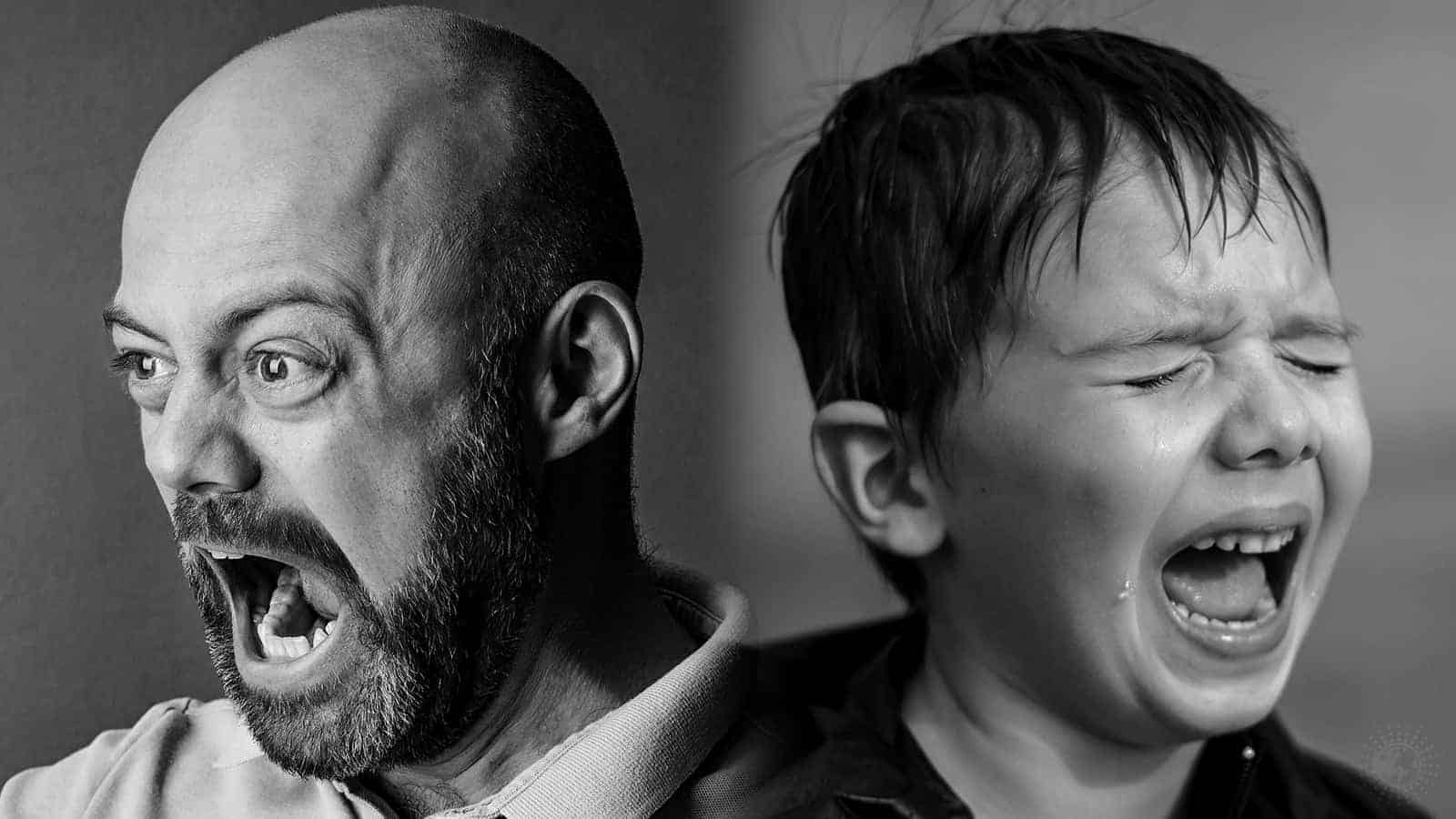Childhood trauma comes with all sorts of side effects, and many of them don’t go away, even when you grow up. You may have picked up negative strategies and coping mechanisms from your traumatic childhood and continue to use those methods to this day.
One of these mechanisms is anger, specifically explosive and powerful anger as a typical response to many difficulties in your adult life. But why does this happen? Here are seven reasons why a traumatic childhood transforms into adult anger.
1. You Believe That Rage “Works” – Even If It Doesn’t
When you have a traumatic childhood, your idea of how you should interact with others becomes warped. Kids learn many vital skills from the people around them, and if those who raised you also harmed you, you will have likely learned their mannerisms and behaviors.
The dangerous part about this is that you saw abusive, aggressive, and angry adults taking out their emotions on you and even those in a similar position to you as a child. You learned from them that these angry behaviors weren’t just average, but that they worked.
Using Angry Outbursts To Get Your Own Way
Perhaps you used your indignation to achieve the following outcomes:
- Get the point across
- Establish boundaries
- Resolve conflict and solve problems
- Exert control
- Fuel motivation
And the truth, of course, is that anger does often work for these purposes. The problem is that it can be unhealthy, counterproductive, and only work by intimidating and pressuring others with your anger. But you already learned that anger works. Plus, you grew up around angry people. So you’re used to doing things this way. You think it works, even if it’s harmful in the long run, and it certainly gets results, even if they’re not the most positive.
2. You Are Full Of Guilt About Your Traumatic Childhood
Many people who face trauma in childhood begin to internalize the words and actions of those who traumatized them. They may even blame themselves for what happened to them, and if you’re facing this problem, you’re not alone. This is one of the most common struggles that adults with childhood trauma face, according to studies.
You may:
- Believe that you deserve negative treatment due to your personal faults
- Think that you should have found ways to avoid being traumatized
- Feel that your trauma was too “minor” to warrant the emotions you face today
- Hold yourself to unreasonable standards to prove your worth to your abusers
- Order yourself around and tell yourself what you should do in unreasonable ways, mirroring the words of your abusers
- Call yourself names and insults that echo what your abusers told you
All this guilt can make you angry at yourself, and your anger may be self-directed to the point that you self-sabotage, harm yourself, or blame yourself for everything that goes wrong. This self-directed anger is just one of the many ways your childhood trauma may be manifesting as anger.
3. You Think Of Yourself As A Victim
Childhood trauma may have robbed you of many things in life, and knowledge of the ways you were hurt can be enough to make anyone angry. You know you were a victim in that situation, and you may be full of anger and rage towards:
- The people who traumatized you
- People who do not struggle for trauma. Therefore nobody robbed them of key aspects of their lives
- Yourself for not finding ways to get the things you wish you had
- Other victims, for having it better or worse than you, or for recovering at a faster or slower rate than you
All this anger focused on victimhood can damage and result in unfairly directed rage in your everyday life. While it is important to understand that you didn’t deserve what happened to you and that you genuinely were a victim, it’s also crucial to not let your entire life be defined by victimhood.
There comes the point where anger at being a victim goes too far and drives you to victimize yourself further. You may think that you have no choice in your life because of your background or may blame all your current problems on your childhood trauma. This isn’t a positive way to deal with your past, nor is it a productive use of anger.
Remember, you’re not a child anymore. While your anger at your abusers is justified, it’s not usable as an excuse for your present-day predicaments. As an adult, you have choices, and it is up to you how you live your life. Don’t let yourself become defined by victimhood.
 4. You Don’t Learn Positive Stress Management
4. You Don’t Learn Positive Stress Management
As a child, you were meant to have a healthy environment where you learned to regulate your emotions and manage stress with guardians or parent figures. But your childhood trauma may have meant that you never got to know those things, and a lack of those lessons throughout your life can manifest in all sorts of big emotions.
Stress management is often crucial in anger management, and many people who have unhealthy levels and expressions of anger have that rage bubble from stress dysregulation. Many people with trauma wind up with chronic stress, and it’s pretty easy to see how this can become anger for many.
This is topped off with the fact that everyday stressors add even more to that pre-existing stress. You’re constantly at a psychological disadvantage when facing your daily life, and all of that stress can bubble up and explode into anger when you get overwhelmed and run out of ways to cope.
5. You Repress It Into Projection
Anger isn’t always a bad thing. Like all other emotions, it serves a purpose, designed as a healthy response to situations where you are being hurt or treated poorly. But if you have childhood trauma, then chances are that you were being treated poorly as a kid a lot, and those who abused you would have forbidden anger as a response. In fact, being angry as a child could have resulted in more abuse hurled your way.
But all that anger has to go somewhere. But you repressed it down into your brain, where it festers and grows behind the scenes in your subconscious. Since you can’t bring the anger outward, you have to hold it in. This causes you to become disconnected from your direct feelings of anger. You may have trouble noticing mild anger responses – or you might be unable to express any anger at lower levels to begin with.
But then, eventually, you cannot contain that rage anymore. It has to go somewhere, and it often comes out in confusing ways that may confuse and frighten you. You may express that anger towards non-abusive family, towards your colleagues, towards strangers, and even towards groups of people. You project your anger out into the world because you don’t know how to deal with it otherwise.
Projecting anger
This projected anger hurts people around you and is one reason why abuse can become generational, resulting in a cycle. Worse still, studies prove how repressed anger can shorten your lifespan. In other words, it is in your best interests to learn to manage better and direct anger instead of repressing it until it projects.
Feelings and emotions are an integral part of the human experience, and anger as a part of that human experience is a good thing. But when you have childhood trauma, you have had to craft a false version of yourself without these emotions because expressing and showing emotion could get you into trouble.
Furthermore, if parental figures traumatized you, you would have likely tried to craft a false version of yourself to measure up to their desires. You tried to turn into a child they could love, and you got so used to that mask that you continue to use it today. Until you learn to let the mask drop, your anger will remain repressed.
6. You Feel Too Burnt Out
People often have an image of “burned out” individuals that involves someone who is very sad or openly a bit of an anxious wreck. But the truth is that emotional burnout consists of the development of apathy – you stop caring, and things around you that demand your care or emotional empathy tire you out further.
But how does this become anger? Well, you may:
- Say unempathetic and hurtful things to those struggling because you don’t want to hear about or care about their suffering.
- Lash out at emotional people or any shows of emotion from others because you find them irritating
- Get easily annoyed at the people around you because you don’t want to put emotional labor around them.
- Stop caring about others, especially those who aren’t suffering as badly as you, to the point where you invalidate other people’s pain.
- Snap at anyone asking something of you
7. You Develop A Survival Response
Survival responses are common in those who experienced a traumatic childhood. To maintain any bit of sanity, you as a kid needed to find methods to survive, and your brain did what it could to protect you. Anger is a valuable emotion for survival because it:
- It gives you the motivation to keep going.
- It helps you to stay strong in the face of injustice
- It’s less painful to experience than sadness and fear
- Shifts your focus onto getting through something instead of on draining emotions
- Lets you fight back
- It stops you from becoming submissive
- It’s an easy, automatic response to fall back on
These survival responses were essential to your, well, survival as a child. But now, they replace positive thinking and put you in the mindset that you are still constantly under attack. Your brain continues to operate in the survival mode that is learned, so your anger responses are still dominant.
 Final Thoughts On Some Reasons Why Traumatic Childhood Transforms Into Adult Anger
Final Thoughts On Some Reasons Why Traumatic Childhood Transforms Into Adult Anger
You didn’t deserve the trauma you faced as a kid, and as an adult, you don’t have to deal with the effects of childhood trauma alone. A qualified therapist can help you overcome the anger, other emotions, and unhealthy coping strategies from a traumatic childhood. Remember that you deserve to heal, and you can achieve that recovery by seeking help. Things will get better, and your positive thinking will return to you in time.


















